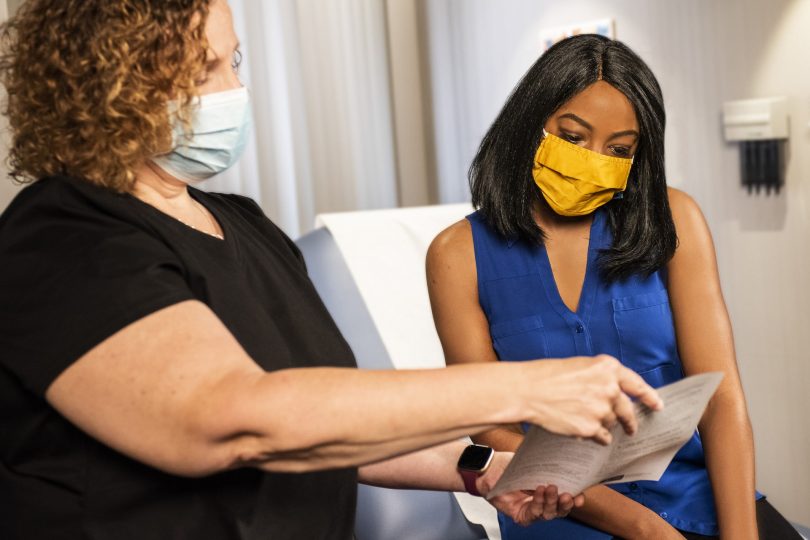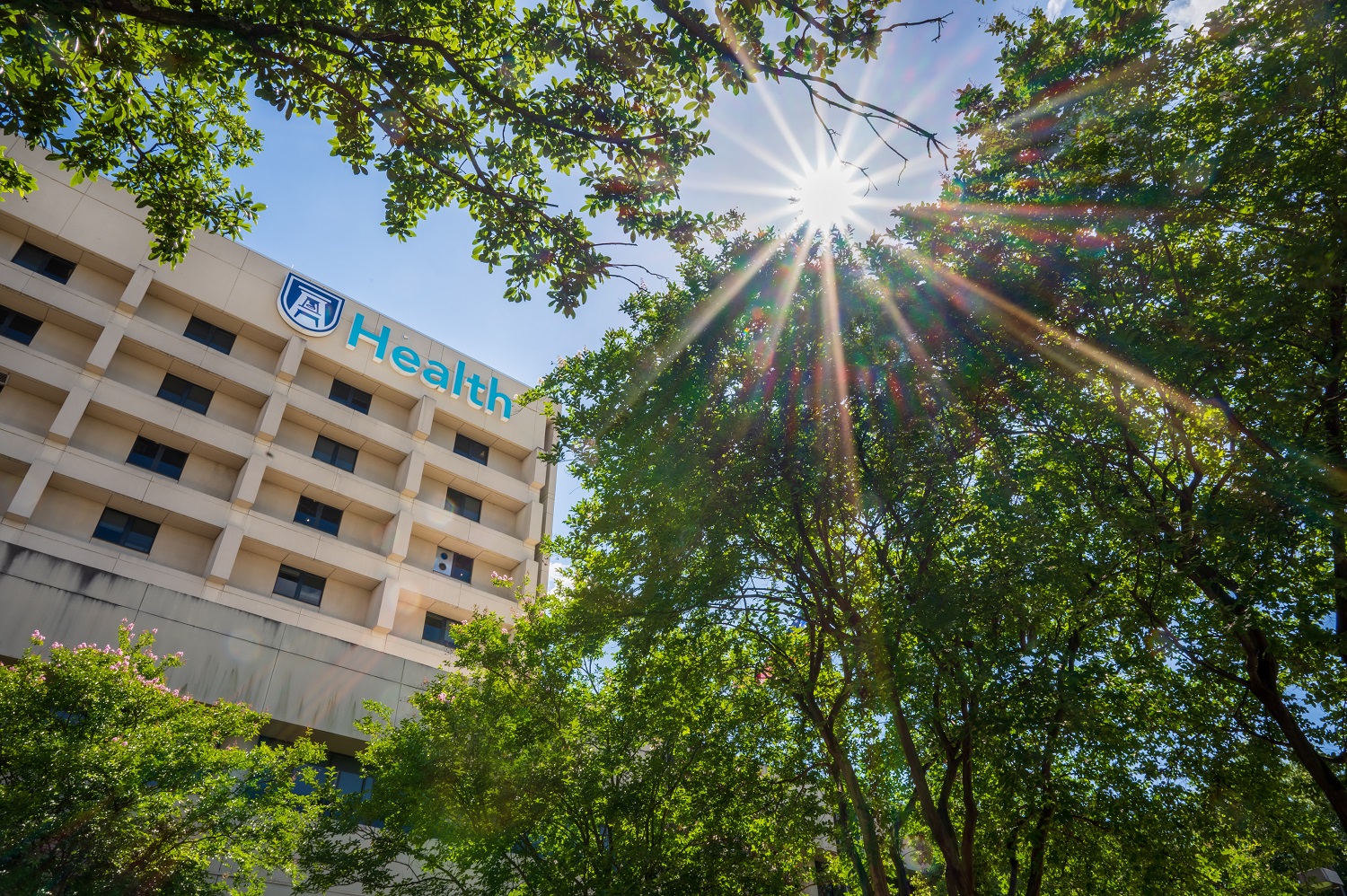“Completing cancer treatment is a great milestone in a cancer patient’s life,” said Dr. Lauren Bigham, director of the Georgia Cancer Center’s Psycho-Social Oncology program. “Although life as they once knew it may have changed, how they proceed forward is significant in continuing to win their fight against cancer.”
Bigham recommends putting safeguards in place to support your health. First, schedule regular checkups because you want to make sure you are keeping up with your check-in appointments faithfully. It is also important to talk with your oncologist and primary care provider to know the warning signs of cancer’s return. Report any suspicious symptoms to your doctor at once. And do not forget to get regularly scheduled screenings for other cancers — not just the one you survived.
“A survivors’ chances of remaining disease-free increase with recommended surveillance by their oncologists and taking care of both their mental and physical well-being.” Bigham said. “Another aspect of cancer survivorship is acceptance. Help your own cause by accepting change, especially those affecting diet, weight, and sleep. And do not forget to stay as active as you can. Talk to your oncologist and family doctor for advice on the right fitness program for your health needs.”
While physical fitness and health are important aspects of cancer survivorship, it can also be just as important to take care of your mental health. You need to feel comfortable discussing your emotions with loved ones, counselors, friends, and other survivors.
“It is important for cancer survivors to get the emotional support they need,” Bigham said. “This can be accomplished through a support group, family support, support from church and counseling. Discovering the ‘new normal’ is daunting, and patients don’t have to go through that alone.”
Other practical ideas include surviving one day at a time. As you do, your emotional upheaval will subside. Make sure you recognize signs of survivor stress. The key is to live like a survivor, not a shut-in. You should also consider attending support meetings, worship services or health lectures.
“To help, create a list of priorities to help you know what activities you should be focusing your energy on,” Bigham said. “Remember, it is okay to say “no” to yourself and to others in your life. And do not that you may need help from your spouse or partner in rediscovering intimacy. If your love life presents challenges, discuss them with your doctor or counselor.”


